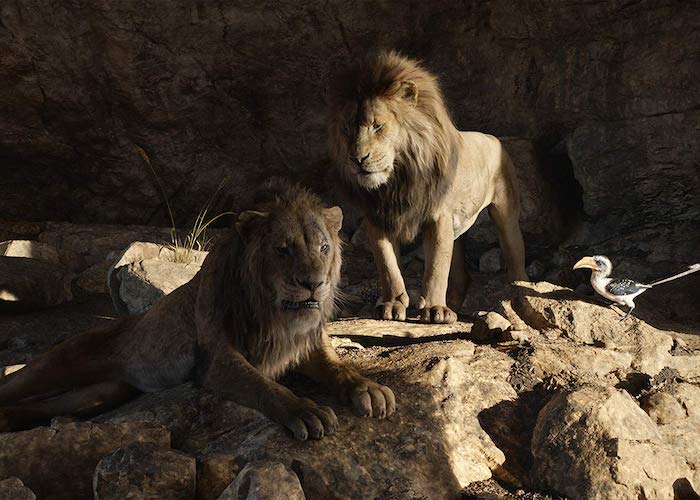
Cheetah (1989)
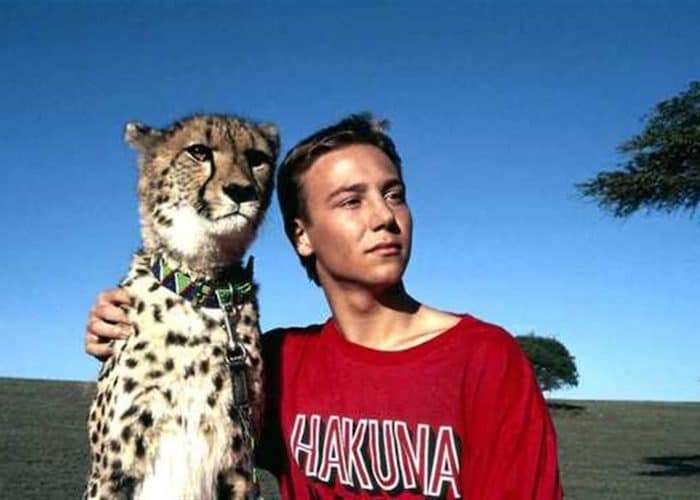
Speaking of the origins of “Hakuna Matata,” there appears to be a fondness among Disney fans to recognize the movie Cheetah (aka Cheetah and Friends) as the first movie from the studio to feature the Swahili phrase meaning “no trouble.” Albeit simply among the lyrics to a song performed in the film called “Jambo Bwana” and on a t-shirt that is worn by babysitting movie regular Keith Coogan. It’s not like Cheetah invented the phrase or like The Lion King took it from this. Coogan and Lucy Deakins star as two of the human characters — white American siblings in Kenya — who wind up taking care of one of the titular spotted African cats, an orphaned cheetah. Despite there being a central human narrative, there’s still a lot of footage that seems straight out of a (controlled) nature documentary.
Coming to America (1988)
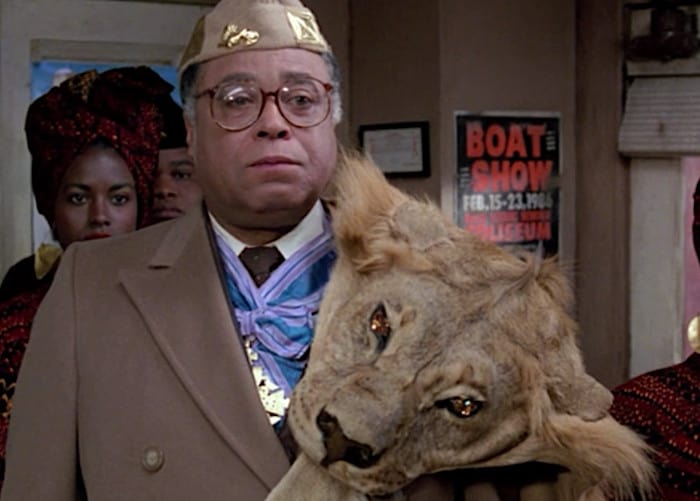
With Coming 2 America coming out next year (yes, that’s apparently the real title, according to IMDb), you’ll be needing to see the 31-year-old original anyway. Yes, it’s a John Landis movie and apparently, one where he and his wife were awful to star Eddie Murphy. But it’s also very funny and obviously, Murphy wants it to continue to be seen. Anyway, it’s linked to the original Lion King directly through it featuring an African king and queen played by James Earl Jones and the late Madge Sinclair, who voice King Mufasa and Queen Sarabi in the animated feature (Jones also voices Mufasa in the remake). On top of that, YouTuber Couch T. has found more than 20 more connections between Coming to America and The Lion King.
Born Free (1966) and The Lion Who Thought He Was People (1971)
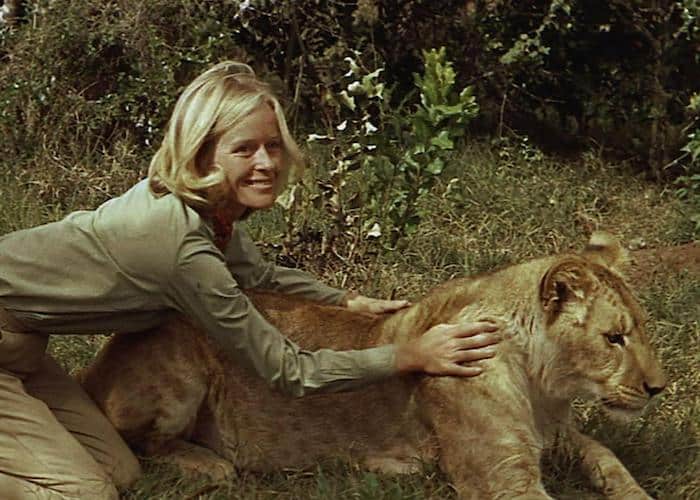
If you don’t see the title Born Free and immediately hear the iconic theme song of the same name performed by Matt Monro, then all the more reason why you should check out this recommendation. Also, after you’ve watched Cheetah, you need to see this for the classic precursor that very likely inspired it. Based on a true story, Born Free is about a white couple in Kenya who raise a few orphaned lion cubs to adulthood. They hold on to one of them, named Elsa, even after maturity for as long as they can. The Lion Who Thought He Was People (aka Christian the Lion) is a documentary by the makers of Born Free featuring them and the subjects of that movie through another real instance of reintegrating a lion into the wild.
The African Lion (1955)
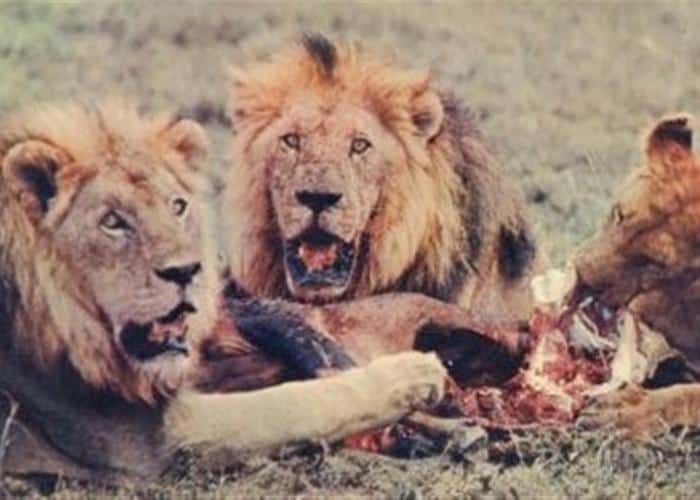
Long before there was Disneynature, the studio had a brand of nature films called True-Life Adventures, most of them directed by James Algar. The African Lion was the 10th film and third feature in the oft-Oscar-nominated series (but wasn’t one of those recognized). Back then, there was still some narrative anthropomorphizing but not as dominantly as the studio does them now with expressive voiceover from famous actors. Disney also didn’t hide from being Disney at the time, so there are spots of animation in the construction of the movies. And they were accepted so much as “true life” that multiple educational films would later be cut from the productions. In 1968, The African Lion spun off The African Lion and His Realm, Their Struggle for Survival, and Birds, Baboons, and Other Animals.
Oh’phelia (1919)
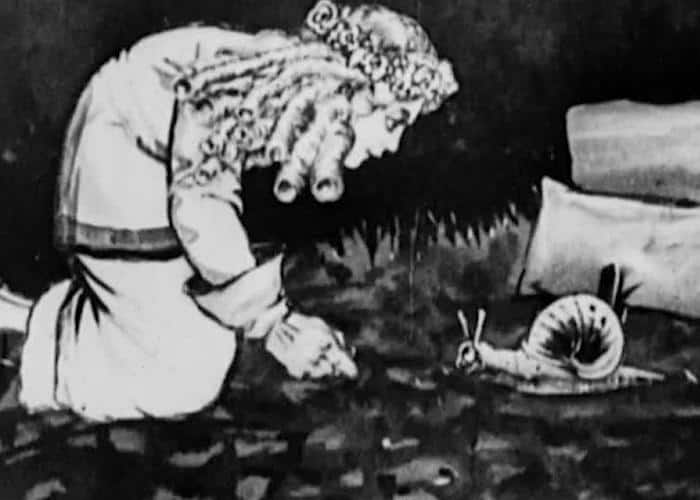
Everyone knows The Lion King is inspired by Hamlet, so I could potentially recommend any incarnation of the Bard’s most famous play. Maybe Kenneth Branagh’s version for something faithful? How about movies similarly loosely based on William Shakespeare’s story? Definitely Strange Brew. Or no, The Bad Sleep Well. I decided to go more obscure at this time and offer up a 100-year-old animated adaptation. With a running time of only 10 minutes, the silent Oh’phelia is constructed out of cut-outs and hardly adheres to the plot of Hamlet, mostly just lampooning its characters — “‘Amlet, the Gloomy Dane” — and throwing out bad alterations of dialogue, such as “to bob or not to bob” when the titular character’s about to get a haircut from her princely love interest. It’s pretty silly for its time.
Lion Walking (1887) and Lioness Walking (1887)
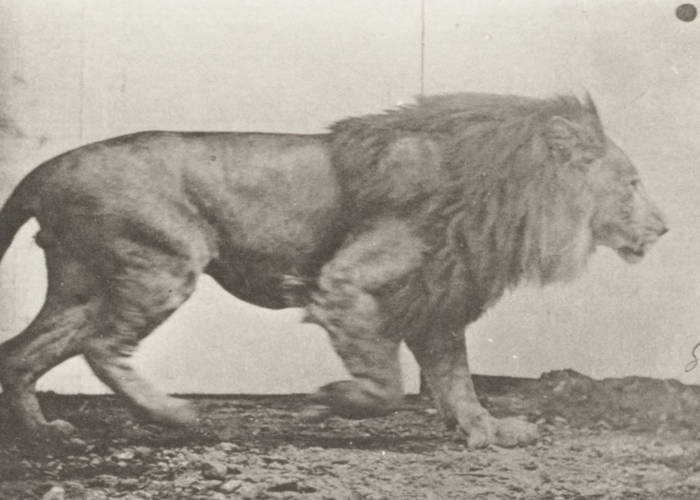
Did you think I couldn’t go any earlier than 1919 with the recommendations this week? How about more than 30 years older? What? Cinema didn’t officially exist then, you say. That depends on your qualification. Movies weren’t really born in their true form until the mid-1890s, but almost a decade prior saw the photographic studies of Eadweard Muybridge, which eventually would be put in motion to legitimize them as films. The most famous of those studies involve the movement of horses, but he also did these two of lions walking, one of them with a male and one of them with a female. They’re the opposite of the new Lion King as they are real pictures of lions animated as opposed to animated lions made to look real.
Related Topics: Coming to America, Disneynature, Hamlet, Movie DNA, The Lion King
